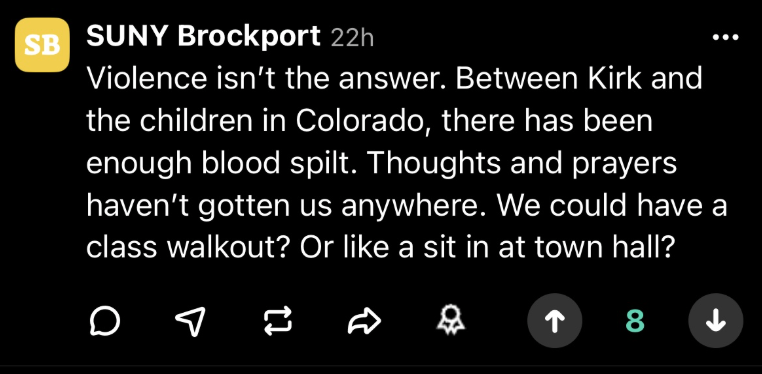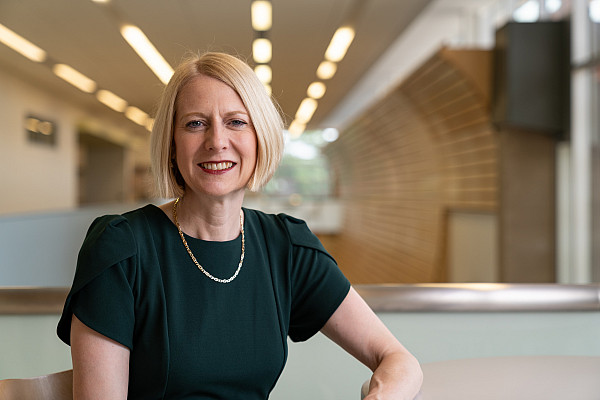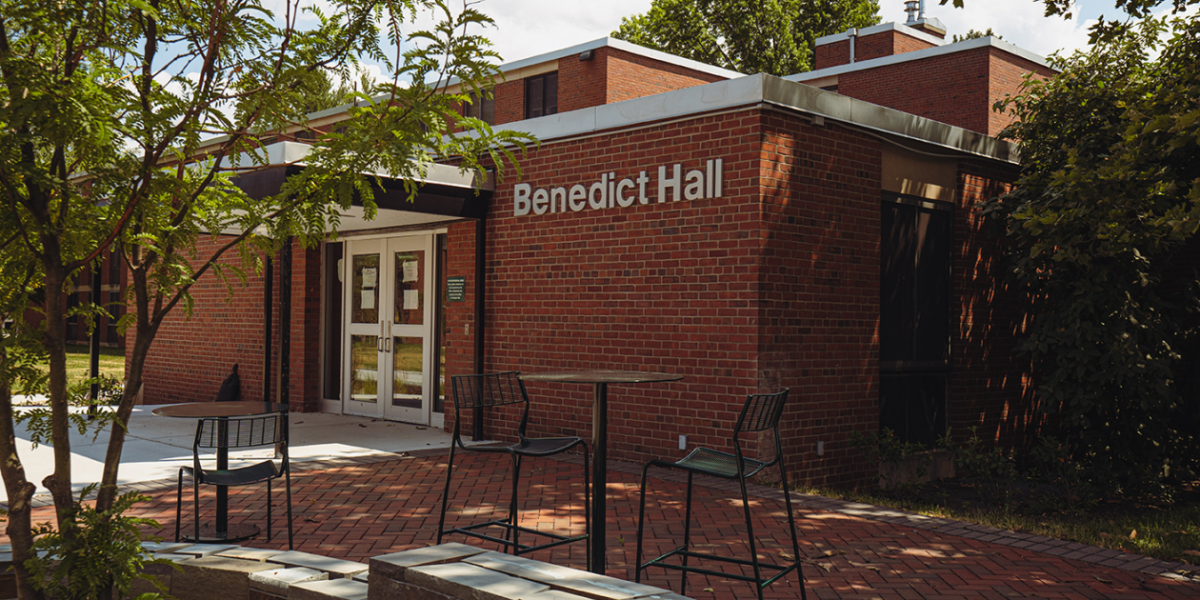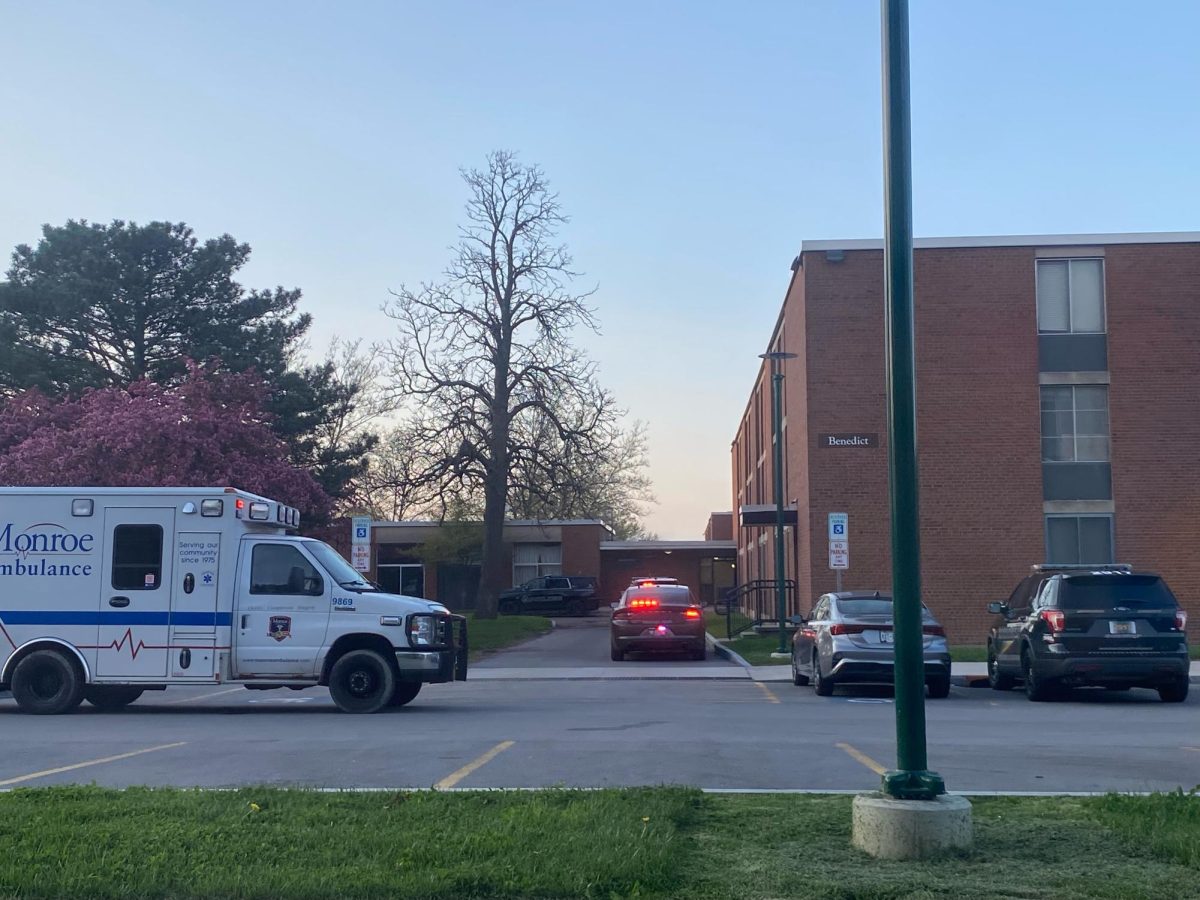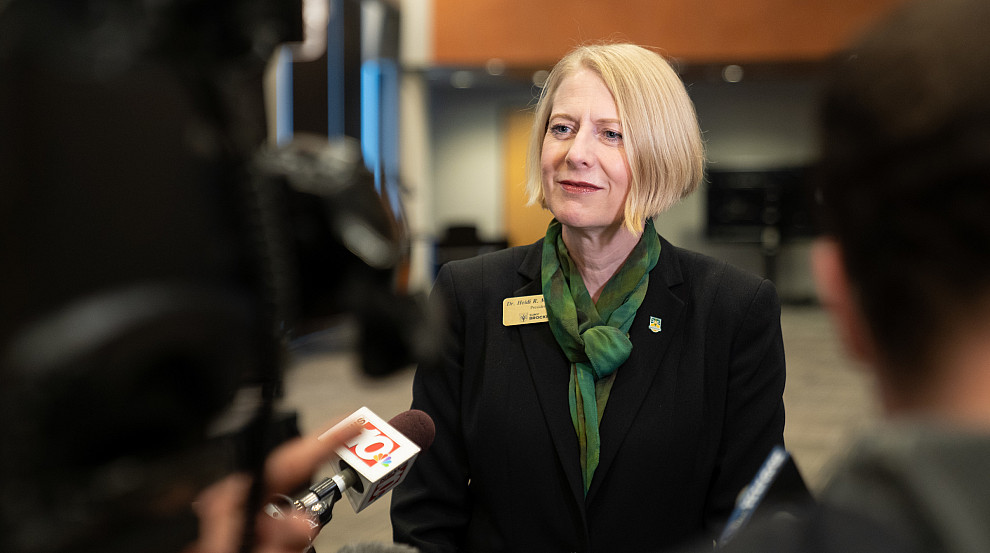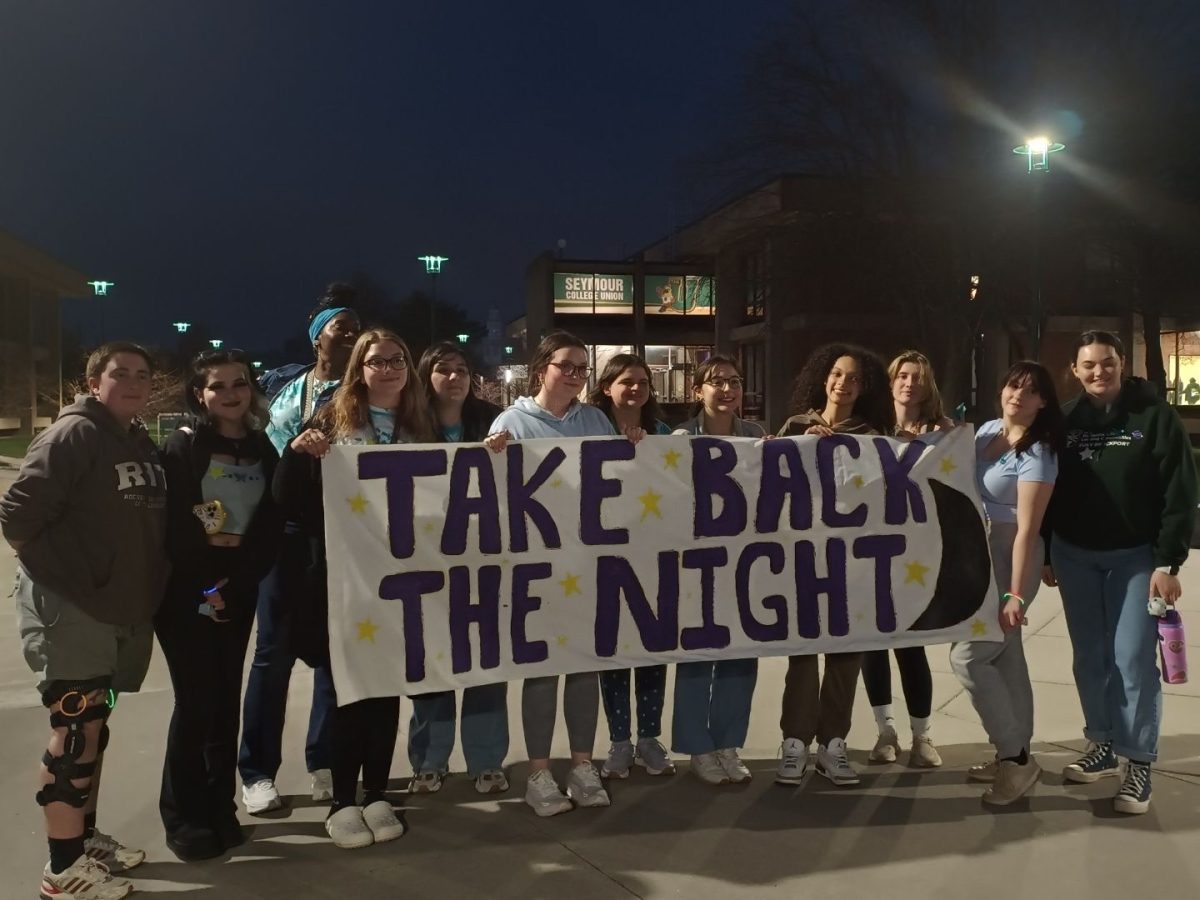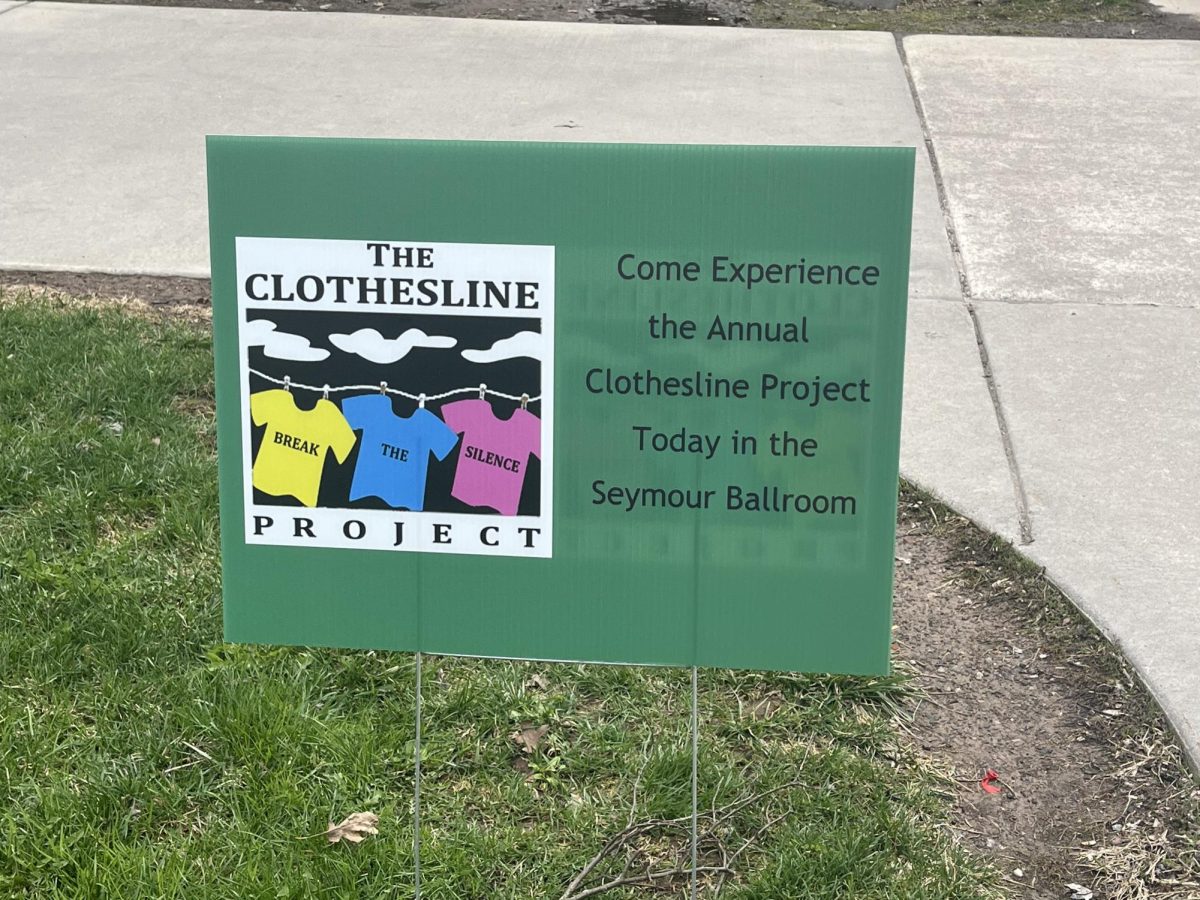By Ellen Paddock / Contributing Writer
A new web-based mental health resource is available for students at SUNY Brockport as part of a one-year free trial.
ConcernCenter was created by Erin Halligan-Avery, Ph.D., who graduated from Brockport in 2009 with a Master’s in Counselor Education. This platform provides a centralized location for students to access resources that address a wide range of concerns.
To use ConcernCenter, students can go to EagleCares and enter their concern into the search bar or select one from seven main categories: Academic, Financial, Sex and Relationship, Spiritual, Emotional, Physical, and Social.
They will be directed to the contact information of both on and off-campus resources where they simply send an email identifying a question or concern and wait for the resource to respond.
According to Avery, who is now the director of wellness programs and services at Rochester Institute of Technology, access to support is the first step to getting better, and when a student gets the courage to seek help, the process should be made easy for them.
“What we know about normal human behavior is that if someone has made the decision to ask for help and the process to get to that help is clunky, cumbersome, and difficult, they are less likely to follow through,” Avery said.
A student can be easily discouraged by an unclear path to help, and therefore, become more depressed, anxious, and immobilized.
“I hate to think that someone’s mental health got worse simply because we don’t have an efficient way to get access to support,” Avery said.
To increase efficiency, Avery put a spin on the process.
“A student always knows what it is they are struggling with so I thought, ‘Why can’t we reverse the help-seeking process and just allow a student to go in and enter what they’re concerned about,’” she said.
Assistant to the Vice President, Karen Logsdon, Ph.D., and Assistant Director of the Counseling Center, Darlene Schmitt, were key players in getting ConcernCenter to Brockport and are hoping to continue with the platform after the free trial is up.
Logsdon said that ConcernCenter enhances what the counseling center and campus resources can do because it eliminates barriers that prevent students from arriving at a resource by “connecting the dots for them.”
“Although our website is wonderful, it is a little bit difficult to navigate,” Logsdon said.
The need for a platform like ConcernCenter was always there, but the added pressures of COVID-19 have brought it to light.
“I can speak from experience as the Student Behavioral Consultant Team Chair — we have seen more students that have reached out to the professors and that have disclosed information about their mental health, stressors, or family issues,” Logsdon said. “Faculty have reached out to the student behavioral consultant team to help provide students with resources.”
Despite an increasing demand for mental health resources, it is not decided if Brockport can continue with ConcernCenter when the one-year free trial expires.
Due to the $10 million budget gap the college is facing amid the COVID-19 pandemic, a grant is necessary to cover the annual cost of ConcernCenter. Despite this, Logsdon is optimistic.
“It [ConcernCenter] is certainly a priority, and I am pretty confident that we will find some grant funding that will be able to acquire the ConcernCenter,” Logsdon said.
She encourages students to email her at [email protected] with feedback or questions they may have about the website.

